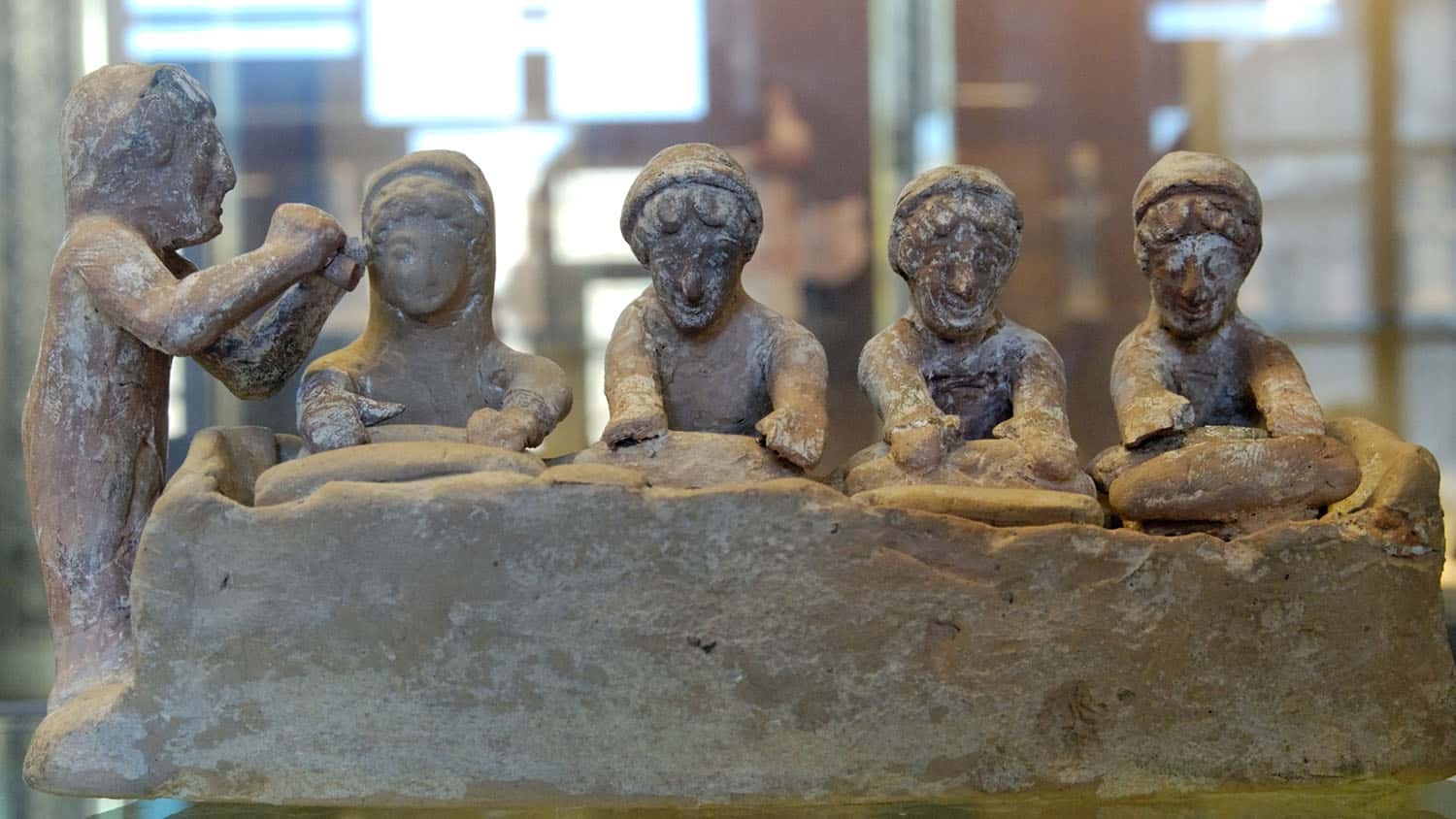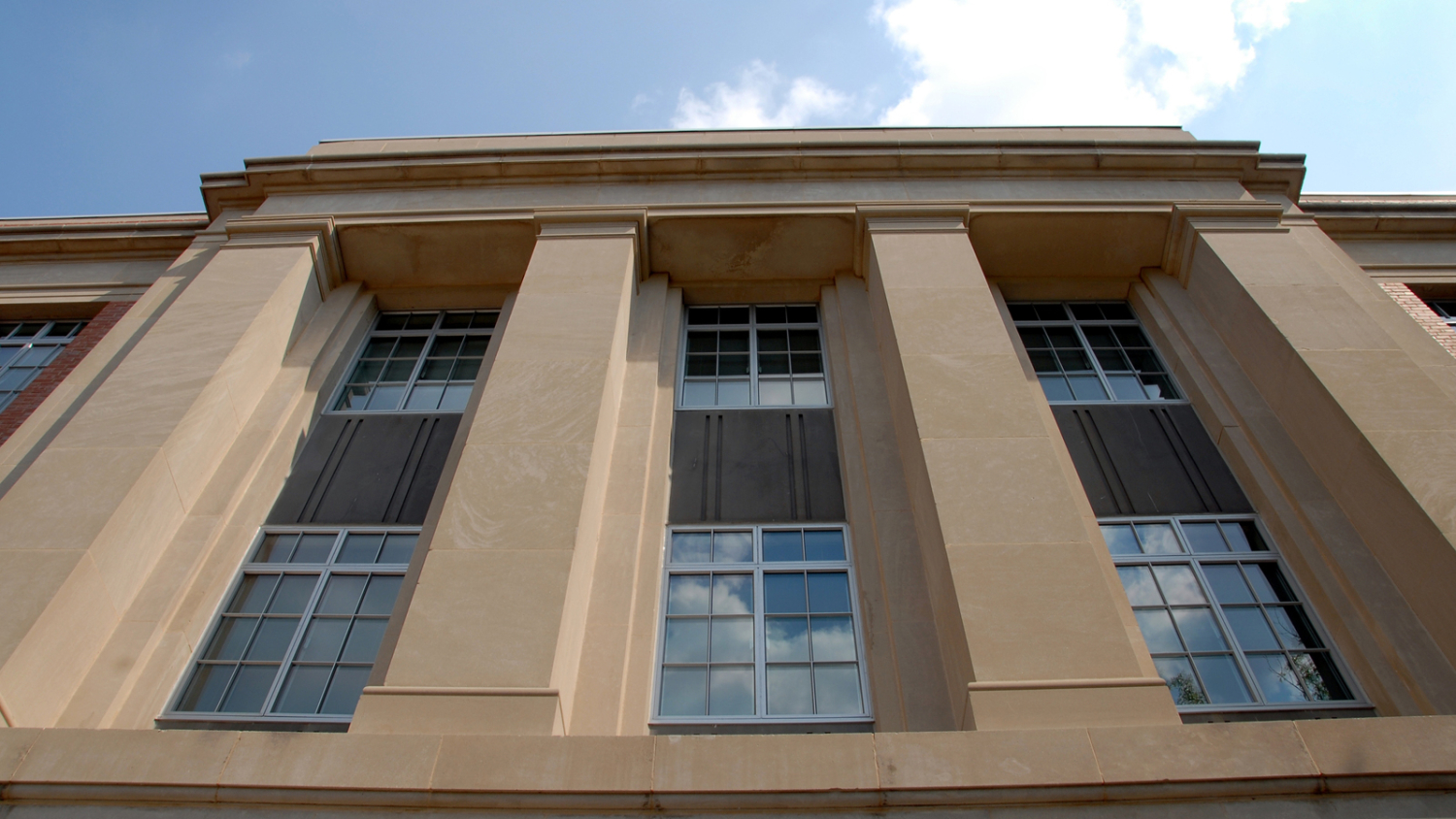Visions of Terrestrial Happiness: Natural History, Empire, and the Environment of Colonial North America, 1751-1791
Blakley, Christopher Michael. “Visions of Terrestrial Happiness: Natural History, Empire, and the Environment of Colonial North America, 1751-1791.” (Under the direction of Dr. Judy Kertesz.)
Knowledge of nature, both scientific and literary, became a political discourse in colonial America and the early republic. Eighteenth century representations of nature functioned in the imaginary of the colonial Anglo-American republic of letters as an emblem of order, harmony, and economic and political potential. Circulation of plants, rocks, animals, technology, and ideas across the Atlantic World enabled a discourse of natural history that sought to describe, and thus imagine, what exactly was natural in North America. Natural history enveloped Native American polities into the discourse of nature by representing them as objects within a landscape. This thesis examines the explorations and writings of John and William Bartram; it seeks to reinterpret of their careers to recover the latent political motivations and consequences of their explorations into the territories of a number of indigenous American polities from the 1740s to the 1770s. Writing about the environment of the western and southeastern frontiers, the Bartrams constructed representations of colonial America as a garden. This image of the continent functioned first as an extension of the natural development of the British Empire and second as a natural site of the republican empire of the American nation. Ideas originating from taxonomy, economics, the sublime, and theology informed how the Bartrams read and described Nature and the indigenous polities of North America.
- Categories:


